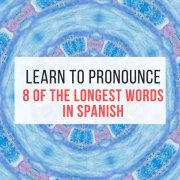30 Colombian slangs and what they mean
Yes, we have been saying that Colombian Spanish is one of the most neutral and clearest Spanish to learn and to understand.
And it is true!
But, like any other country in the world, Colombians also have their slang and expressions we use when speaking with friends or in informal gatherings.
If you really want to speak like a Colombian you should learn our 30 Basic slang words:
1. Vecino/Vecina
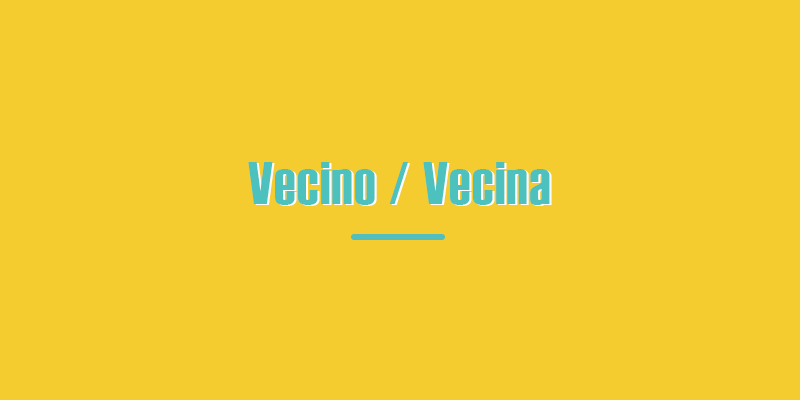
Literal meaning:
Neighbor
Slang meaning:
It is a nice common way to greet someone working at a neighborhood store, even if it’s not your neighbor.
Colombian way:
Buenas Vecina, cómo está? Me regala* una gaseosa
Good morning “neighbor”, how are you? Can I get a soda, please?
2. Tinto

How would Colombia be without a “tintico”?
Literal meaning:
“Tinto” originates from the Latin word tinctus, which means dyed, stained, or tinted.
“Tinto” in all other Spanish speaking countries refers to red wine (vino tinto) because of the color of the wine,
But in Colombia…
Slang meaning:
Black coffee
Diminutive: Tintico
Colombian way:
Buenas vecino, me regala* un tintico
Good morning “neighbor”, can I have a black coffee please?
3. Guaro

Literal meaning:
Doesn’t have a specific English translation
Slang meaning:
Aguardiente (Fire water) Aguardiente is Colombia’s national alcoholic drink.
Colombian way:
¿Qué compramos para la fiesta esta noche? ¡Compremos guaro!
What shall we buy for tonight’s party? Let’s get guaro!
4. Polas
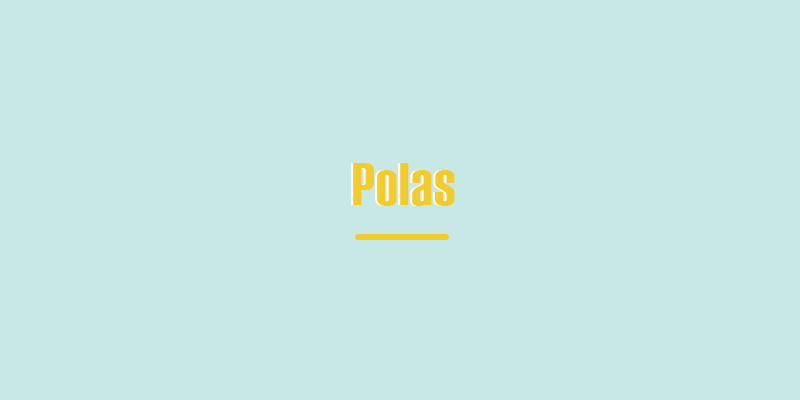
Meaning:
Polas is only used in Colombia. it has no official meaning in Spanish but it does hold some history.
“La Pola” was the nickname of Policarpa Salavarrieta Ríos, a heroine who helped Colombia gain independence from Spain.
Back in the days, Bavaria Brewing created a beer in her honor – La Pola. The beer doesn’t exist anymore, but the name stuck.
Slang meaning:
Beers
Colombian way:
-Vamos por unas polas?
Shall we grab some beers?
-¡Hace mucho calor hoy! Deberíamos ir por unas polas.
It’s hot today! We should get some beers.
5. Pena. ¡Qué pena!
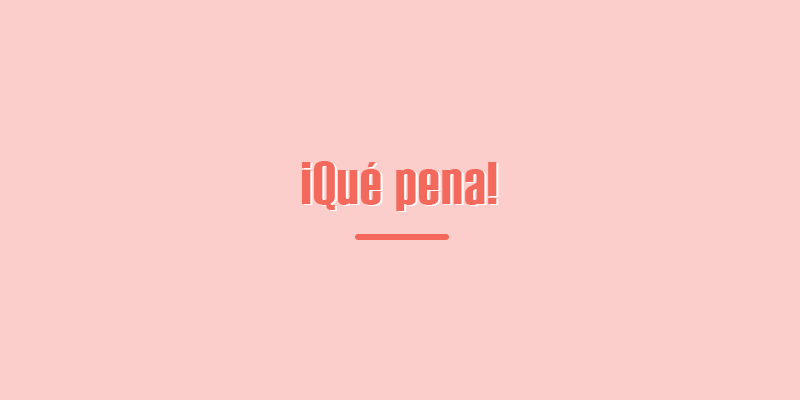
Literal meaning:
Sorrow, grief
For most of the Spanish speaking countries, it means “sorrow”, “pity”,
-Es una pena que no hayas venido ayer
It’s a shame you couldn’t come yesterday
-Oh, ¡qué pena!
I feel sorry for you
But in Colombia it has several meanings. It depends on the context.
Slang meaning:
Sorry, embarrassing, sorrow
Colombian way:
-Oye, que pena que ayer no pude ir a la fiesta. Tuve que cuidar a mi hermanito
Hey, I’m so sorry I didn’t go yesterday to the party. I had to look after my little brother
-Me da pena bailar sola
I feel embarrassed dancing by myself
-Esta noche vamos a tomar guaro para ahogar las penas
Tonight we are drinking to drown our sorrows
6. Tusa

Literal meaning:
Cob
Slang meaning:
It’s a word used to express the way someone feels after a break-up or a love disappointment.
Colombian way:
Tómate un guaro para pasar la tusa
Drink a guaro for your heartbreak!
If you hear someone saying she or he is “entusado” it means this person is heartbroken
Cultural Tip:
Get familiar with one of the most popular reggaeton songs Tusa (with English subtitles)
7. Guayabo
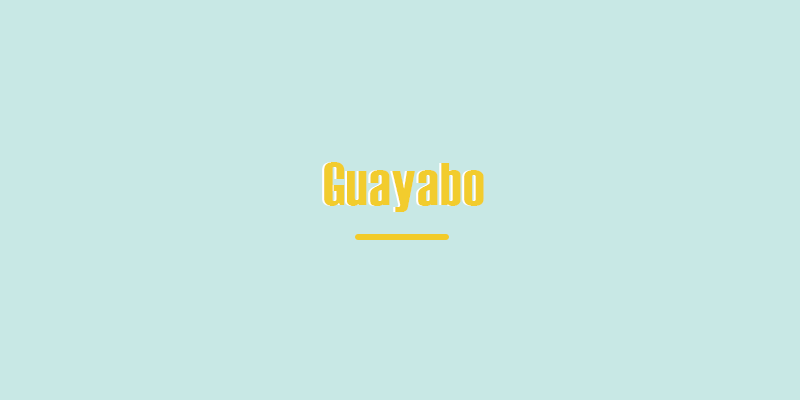
Literal meaning:
A guava tree
Slang meaning:
Hangover.
The aftereffect of drinking too much aguardiente (guaro).
Colombian way:
Tengo un guayabo que me mata.
I have a hangover that’s killing me
It can also be used as a verb: Enguayabado(a)* (To be hungover)
8. Listo
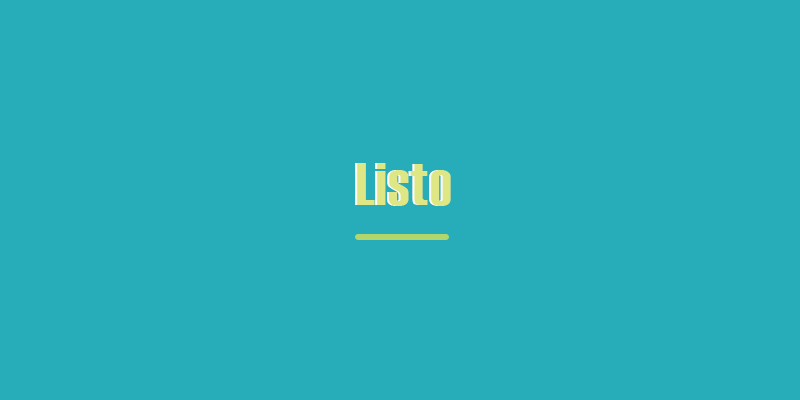
Literal meaning:
Smart (masculine), ready
In some Spanish speaking countries they would say:
-Ese chico es muy listo
That guy is very smart
-Estás listo para salir?
Are you ready to go?
In Colombia…
Slang meaning:
Okay, sure
Colombian way:
– ¿Nos vemos por la tarde? – ¡Listo!
Shall we meet this afternoon? Okay! / Sure!
– ¿Vamos a escalar mañana? – ¡Listo!
Shall we go climbing tomorrow? – Sure!
9. Chévere
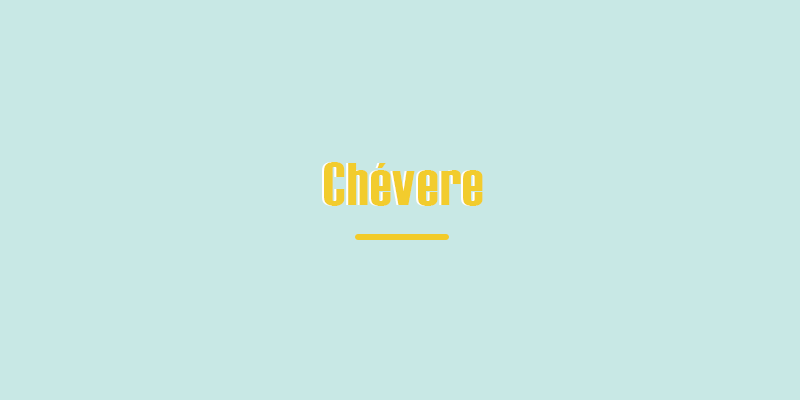
Literal meaning:
It doesn’t have a special translation. It’s a word used in Colombia and other Latin American countries.
Slang meaning:
Very good, cool, nice. It is used for referring to places, people or experiences
Colombian way:
-¿Te gustó la fiesta? Sí, ¡estuvo super chévere!
Did you like the party? Yes, it was so cool!
-¡Ella es muy chévere!
She is really cool)¡
-¿Has estado en Colombia? Sí, ¡me encantó! Es super chévere.
Have you been to Colombia? Yes, I loved it! It’s so cool.
10. Moscas. ¡Por si las moscas!
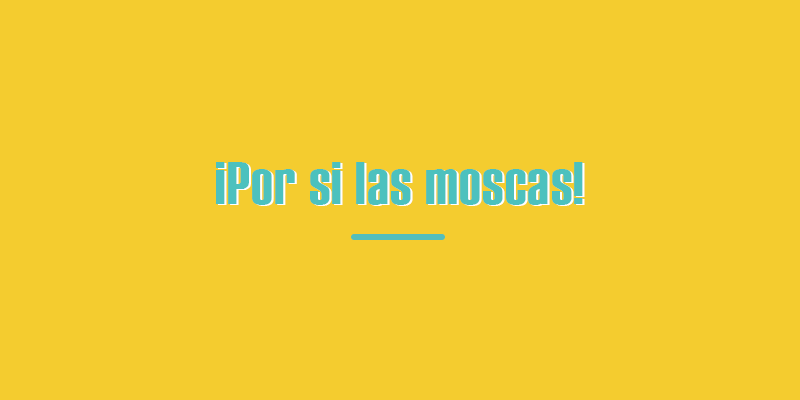
Literal meaning:
Flies (In case of flies)
Slang meaning:
Just in case
Colombian way:
Llevemos la sombrilla por si las moscas
Let’s take the umbrella just in case
Synonym: “por si acaso”
Llevemos la sombrilla por si acaso
Let’s take the umbrella just in case.
Cultural Tip:
It can be also used as a verb: Estar moscas* (To be alert)
11. Pilas

Literal meaning:
Batteries
Slang meaning:
To be sharp and alert, to keep one’s eyes open
Colombian way:
-¡Pilas!
Careful!, Watch out!, Pay attention!
-Pilas con tu bolso. Mejor ponlo sobre la mesa
Pay attention to your bag. It’s better if you put it on the table
12. Ñapa
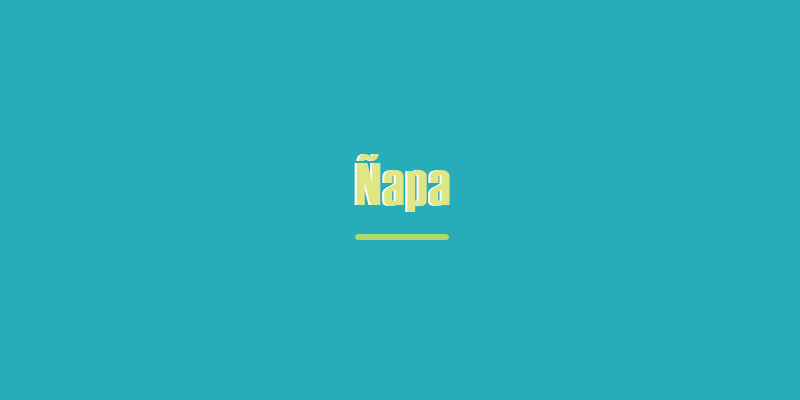
Literal meaning:
Doesn’t have a specific English translation. “Ñapa” comes from a Quechua (indigenous) word meaning “help” or “increase”.
Slang meaning:
It’s a little bit of something extra given for free. It’s normally used when you are buying street food, or fruits in the market.
Colombian way:
When you order a passion fruit juice in the market, the bit of juice still left in the blender at the end could be given to you as “ñapa”.
The “Ñapa” is also that extra bread roll that a baker tucks into your bag
In Colombia, street food vendors, bakers, people at the fruit markets, and many others are used to give “ñapa”.
But, you can also ask for it:
Vecino, y la ñapa?
13. Play

Literal meaning:
“Play” was taken from the English language
Slang meaning:
Posh. it can refer to an object, a person, or a place
Colombian way:
-Ya fuiste al nuevo lugar que abrieron en la Zona G? Es super play
Did you already go to the place they just opened in Zona G? It’s quite posh
-Conoces a Carolina, la chica de mi trabajo? – Sí, la chica que es toda play, no?
Do you know Carolina, the girl from my work? – Yes, the girl that is quite posh, isn’t she?
14. Puente
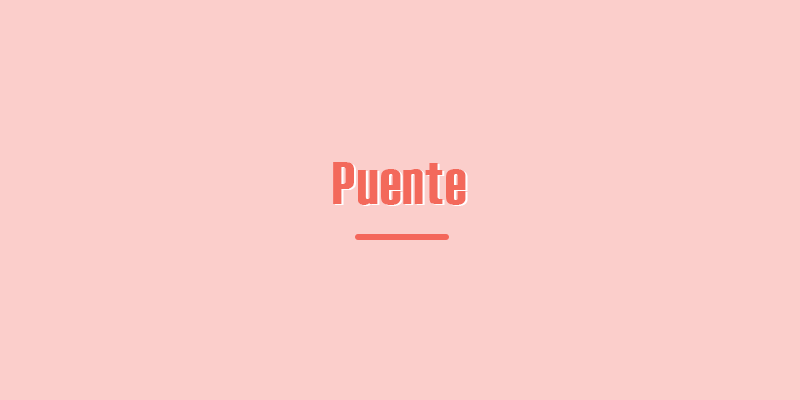
Literal meaning:
Bridge
Slang meaning:
Long weekend, holiday
Colombian way:
-Qué vamos a hacer este puente?
It’s a long weekend, what are we going to do?
-Dale, el lunes vamos al banco. – No, está cerrado, acuérdate que es puente
Ok, we’ll go to the bank on Monday – No, it’s closed. Remember that Monday is Holiday
15. Lucas
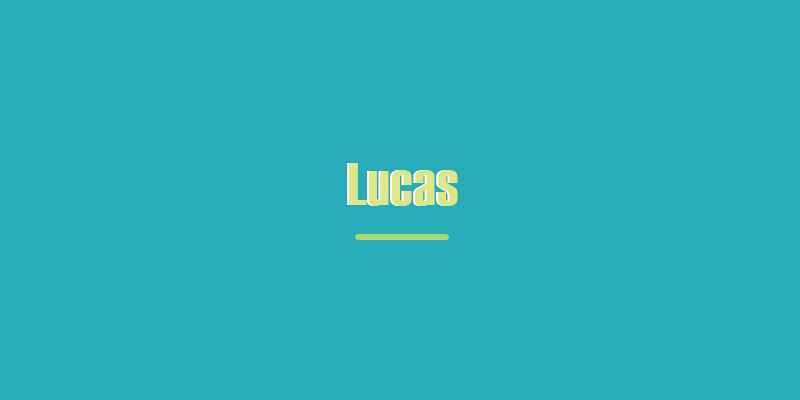
Literal meaning:
Lucas is actually a name
Slang Meaning:
Colombian Pesos
Colombian way:
In Colombia 20.000 pesos would be 20 lucas, 100.000 pesos would be 100 lucas
Cuánto valen las entradas del concierto? Creo que 200 lucas
How much are the tickets for the concert? 200 lucas, I think
16. Plata

Literal meaning:
Silver
Slang meaning:
Money
Colombian way:
-Chicas, este finde* me quedo en casa. No tengo mucha plata
Girls, I’m staying home this weekend. I don’t have much money
Cultural Tip:
Get familiar with these Vallenato songs. You will probably heard them when you are partying with Colombians:
La Plata (Classic Vallenato)
La Plata (Contemporary vallenato)
If you want to learn more about Colombian music read our post “10 Colombian music genres you need to know about!”
17. Nota (¡Qué nota!)
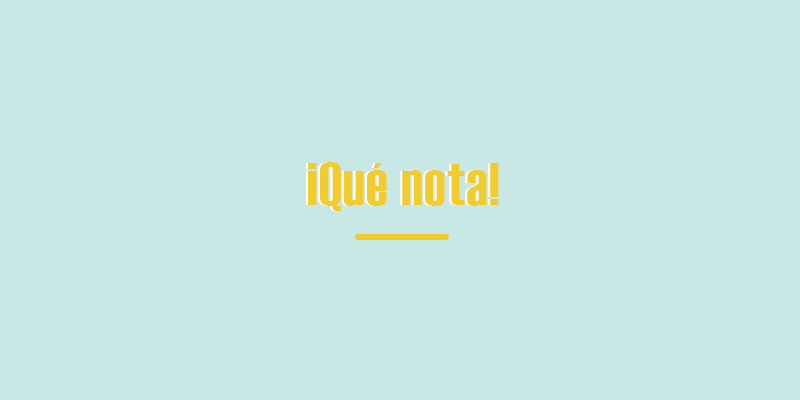
Literal meaning:
Note (what a note!)
Slang meaning:
It’s awesome!
Colombian way:
-Ella es una nota bailando
She’s awesome at dancing
-Vi las fotos de tu último viaje… ¡Qué nota!
I saw the pics from your last trip… Awesome!
18. Paila
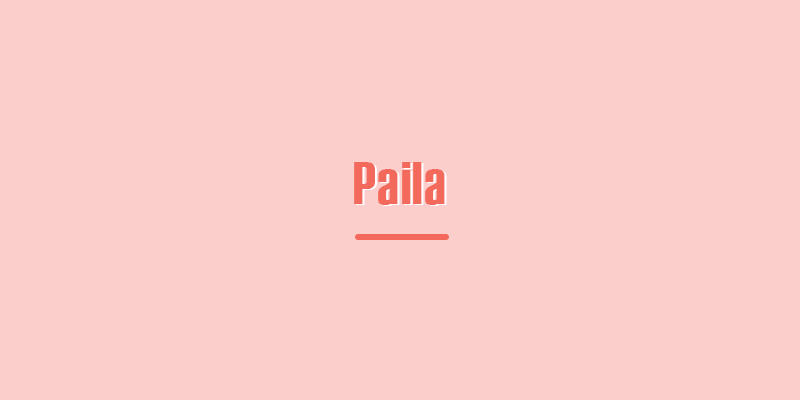
Literal meaning:
Frying pan
Slang meaning:
Too bad, screwed or to have messed up really bad, and be in a point of no return.
Colombian way:
If you order a coffee but the restaurant has run out, you turn to your friends and say
-No, ¡paila! Acá no venden café.
Too bad, they don’t sell coffee here.
-Paila, llegó el novio y no pudimos seguir hablando.
Too bad, Her boyfriend arrived and we couldn’t keep talking.
-No, ese man es muy paila. Le dijo mentiras sobre su familia.
No, that guy is “muy paila”. He lied about his family.
19. Mono/Mona
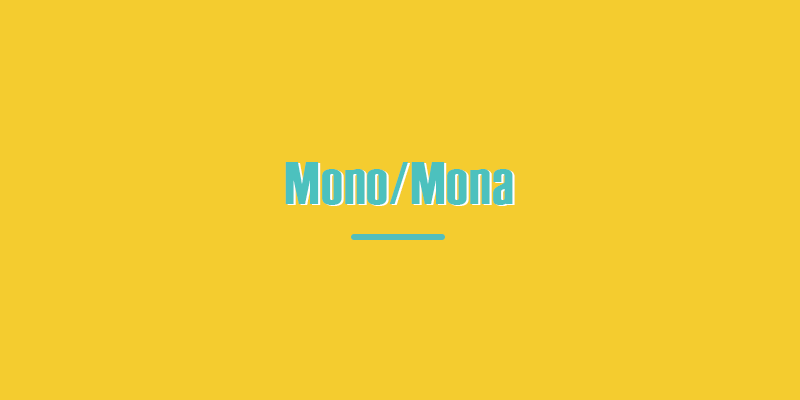
Literal meaning:
Monkey
In Spain, it’s a way to call someone pretty or cute.
Read also our post “Top 5 differences between Spanish from Colombia and Spanish from Spain”
But in Colombia…
Slang meaning:
fair-haired, blond
Diminutive: Monita, Monito
Colombian way:
The word is mostly used to describe a light-skinned, fair-haired person. Typically a blonde – whether pretty or not—can always be considered a mono (male) or mona (female).
-¡Esa vieja está super linda! – ¿Cuál? – La monita que está allá
That girl is so cute! – Which one? – The blondie over there
20. Pelota, Bola
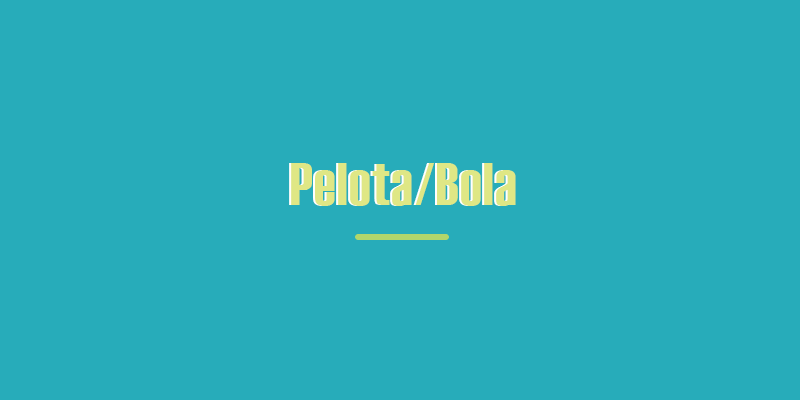
Literal meaning:
Ball
Slang meaning:
Idiot. Although it’s a feminine word, pelota is used for both male and female.
Colombian Way:
-¡Qué pelota eres! / ¡Qué bola eres!
What an idiot you are!
-Que bola, dejé las llaves dentro de la casa
What an idiot I am, I left the keys inside the house
21. Cansón/Cansona
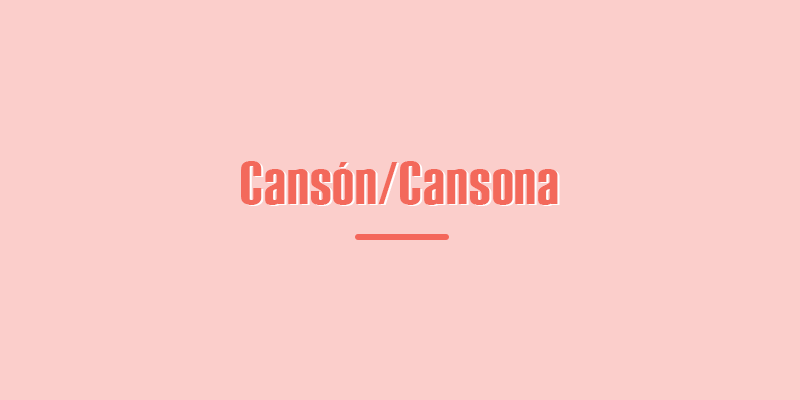
Literal meaning:
Tiresome (from “tired” cansado)
Slang meaning:
Annoying, someone is a pain
Cansón derives from the word cansado/cansada, but Colombians use the adjective to refer to someone who tires them.
Colombian Way:
-Esa niña es tan cansona
That girl is a pain
-¡Ese perro está muy cansón!
That dog is so annoying!
22. Juicioso/Juiciosa
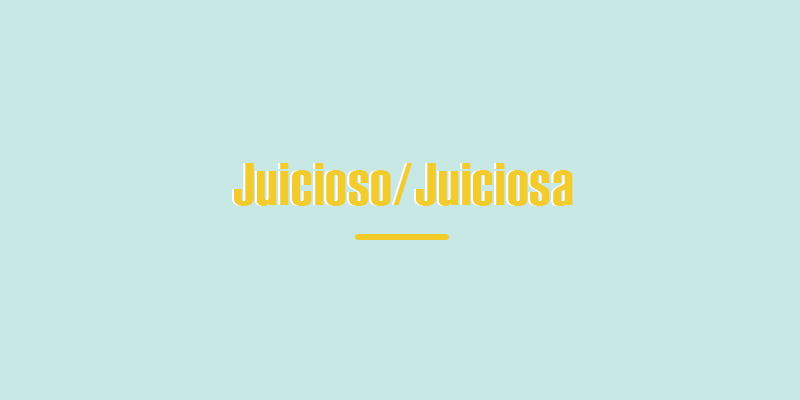
Literal meaning:
Judicious (judgement)
Slang meaning:
It generally means “well-behaved”, but It also has other meaning depending on the context.
Colombian way:
The parents would say to the kids:
-Vamos a visitar a la abuela hoy, se portan juiciosos por favor
We’re visiting grandma today, please behave
-Uy, ¿y ese juicio? (said disbelievingly) – No, hoy me dio por limpiar la casa
Well, check you out! Mr. Responsible! – Nah, I just felt like cleaning the house today
-Hola, Cómo vas? Qué hiciste el finde? – No, nada especial, juicioso en casa
Hey,How’s it going? What did you do this weekend? – No, nothing special. I just stayed home
23. Miércoles
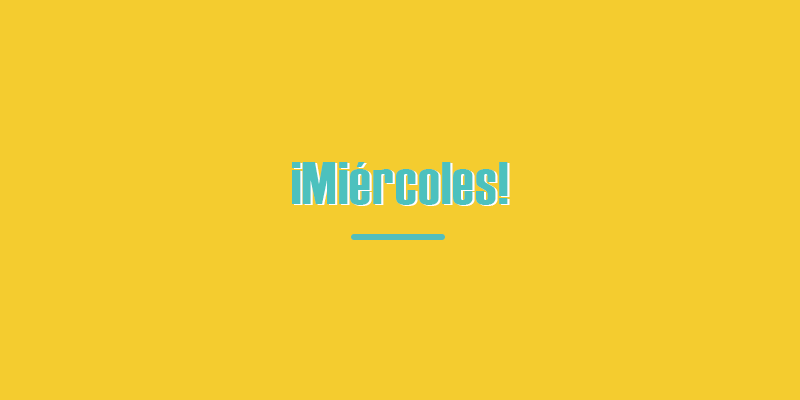
Literal meaning:
Wednesday
Slang meaning:
A lighter way to say “oh, s*!”. Just because the word begins with “mier”.
Colombian way:
-¡Miércoles! Olvidé las llaves del carro dentro.
Oh, s*! I forgot the keys inside the car.
24. Vieja

Literal meaning:
Old woman
Slang meaning:
Girl, woman. You can use it to refer to women between the ages of about 15 and 50.
Colombian way:
Forget the word “mujer” to refer to women. In Colombia, we say “vieja”
-La vieja que estaba en el restaurante ayer me dijo que hoy hay un concierto.
That woman that was yesterday in the restaurant told me there is a concert today
-Esa vieja no tiene ni idea de lo que dice
She doesn’t have a clue what she is saying

Literal meaning:
“Man” was taken from the English language
Slang meaning:
Man, guy, dude
Colombian way:
Forget the the word “hombre” to refer to men. In Colombia we say “man”
-¡Ese man está buenísimo!
That guy is super hot!
-Bueno, y ayer ¿qué te dijo ese man?
So, what did that guy tell you yesterday?
26. ¡De una!
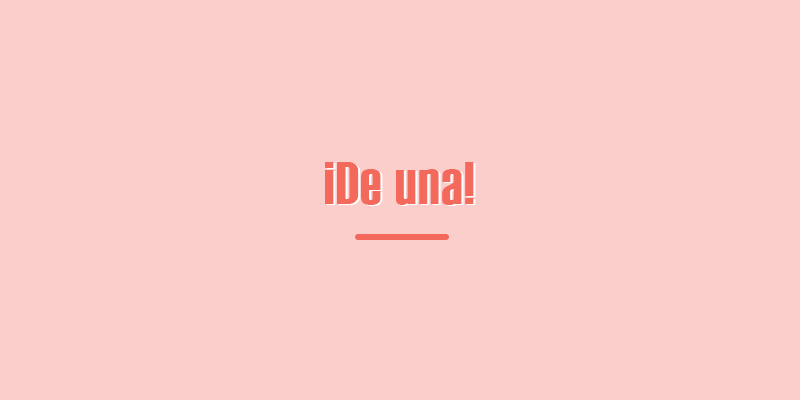
Literal meaning:
Of one!
Slang meaning:
An enthusiastic way to say “yes, absolutely!” or “yes, let’s do it!”.
Colombian way:
¿Quieres ir a correr el sábado por la mañana? – Sí, ¡de una!
Do you want to go running next Saturday morning? -. Absolutely!
Cultural Tip: Colombians also say “De one”, mixing Spanish and English literal translation
27. Dale

Literal meaning:
Give it
Slang meaning:
Let’s do it, sure, OK, yes
Colombian way:
-¿Te parece si vamos a la playa mañana? – Sí, ¡dale!
Shall we go to the beach tomorrow? – Yes, sure!
-Mañana te llamo entonces – ¡Dale!
I’ll call you tomorrow – Ok!
28. Tenaz
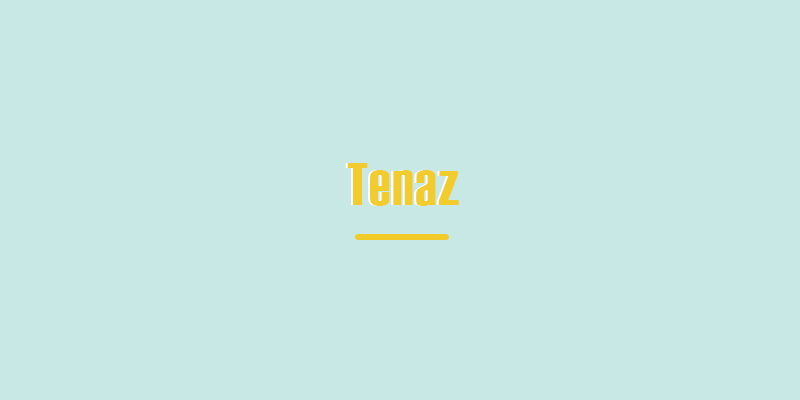
Literal meaning:
Tenacious, obstinate
Slang meaning:
Hard, difficult, challenging
Colombian way:
-El examen estuvo tenaz
The quiz was so hard
-La carrera estuvo tenaz
The race was challenging
29. Churro/Churra
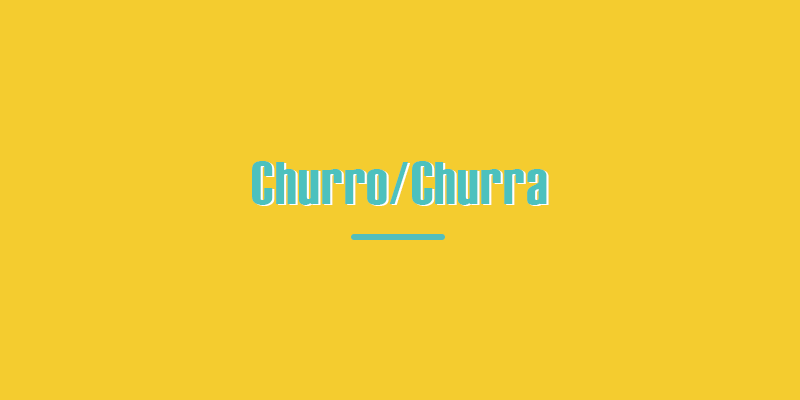
Literal meaning:
“Churro” is a fried-dough pastry.
Slang meaning:
Handsome; pretty
Colombian way:
¡Ese man está muy churro!
That guy is so handsome!
¡La vieja es una churra!
She is so pretty!
30. Fresco/Fresca
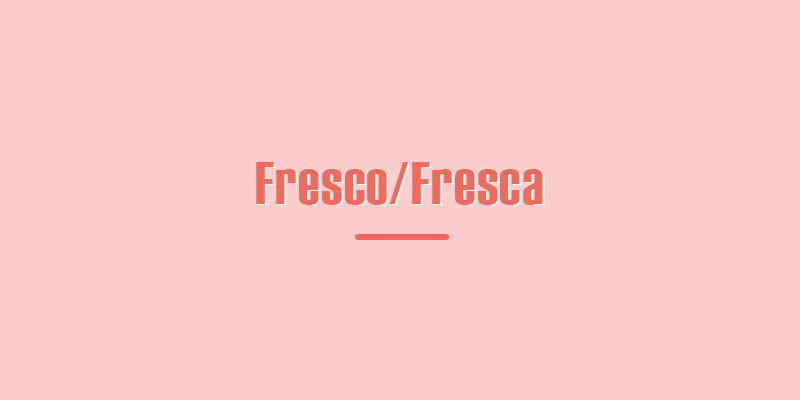
Literal meaning:
Fresh
Slang meaning:
Chill out, relax, don’t worry
Colombian way:
-Nena, lo siento, mañana no puedo acompañarte al médico – No pasa nada, ¡fresca!
Babe, sorry, I can’t come with you to the doctor – No, not a problem, don’t worry!
* These words deserve another blog post. Keep reading our blog and learn how to speak like a truly Colombian
Did you enjoy learning these typical Colombian words?
Don’t forget to follow our social media and to keep reading our Blog. We will be sharing more Colombian Slangs and expressions in the coming posts.



